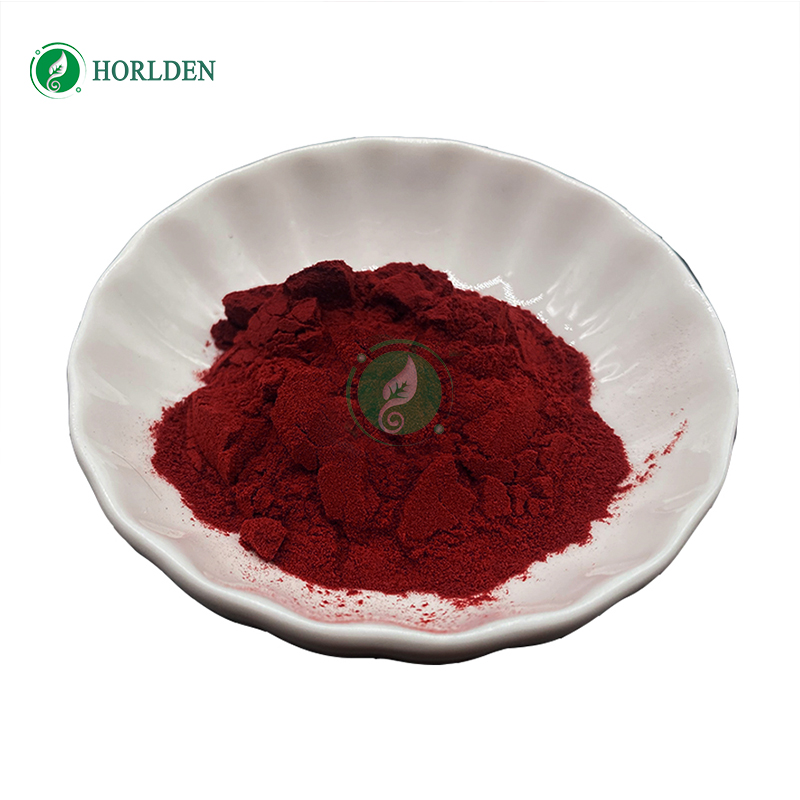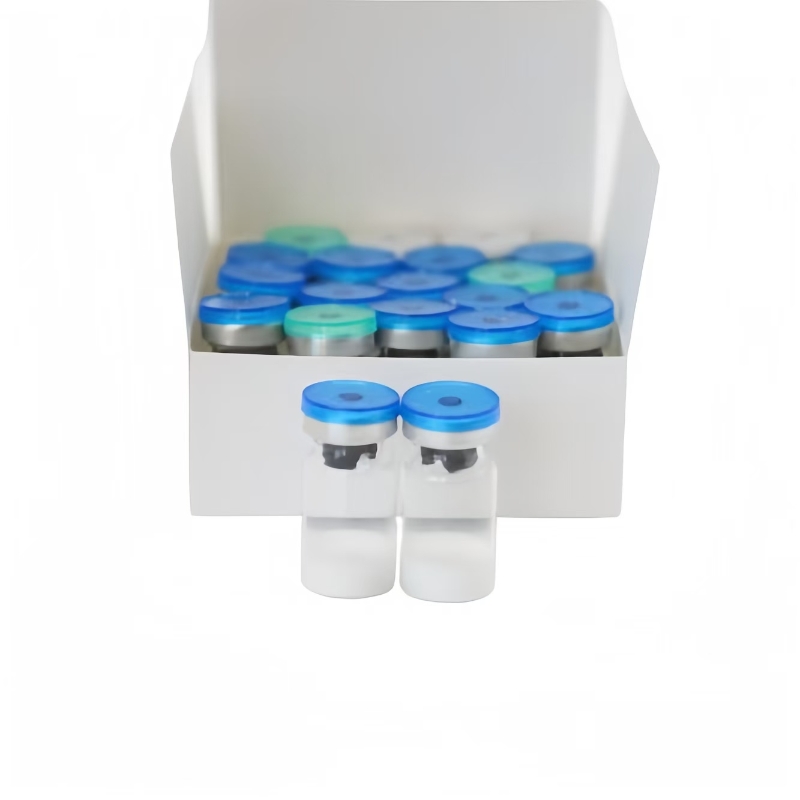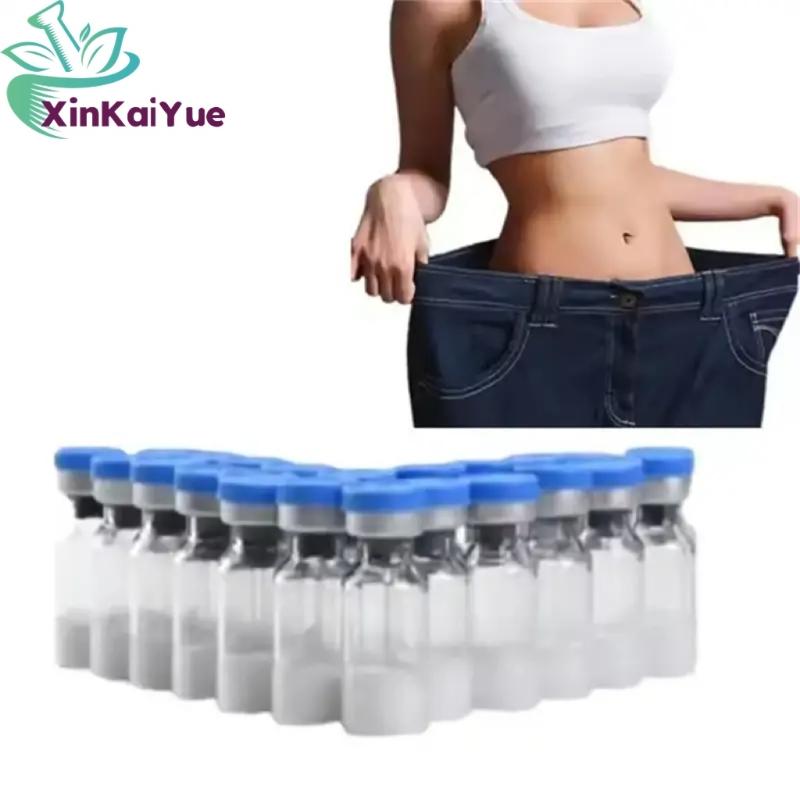-
Categories
-
Pharmaceutical Intermediates
-
Active Pharmaceutical Ingredients
-
Food Additives
- Industrial Coatings
- Agrochemicals
- Dyes and Pigments
- Surfactant
- Flavors and Fragrances
- Chemical Reagents
- Catalyst and Auxiliary
- Natural Products
- Inorganic Chemistry
-
Organic Chemistry
-
Biochemical Engineering
- Analytical Chemistry
-
Cosmetic Ingredient
- Water Treatment Chemical
-
Pharmaceutical Intermediates
Promotion
ECHEMI Mall
Wholesale
Weekly Price
Exhibition
News
-
Trade Service
5 years in review, 10 years of prospect
IGC 2021 The Fifth China International Immunization & Gene Therapy Forum will be another chapter, which will be held on October 11-12 at the Crowne Plaza Hotel Chaoyang U-Town, Beijing
* The following is a summary of the cell special session on October 11:
Innovation and R&D of Cellular Immunotherapy
▪ Opening speech
As one of the representatives of the organizers, Mr.
▪ New chimeric STAR receptor T cell therapy to combat solid tumors
First of all, Professor Lin Xin, professor of Tsinghua University School of Medicine and director of the Department of Basic Medicine, introduced us to the development history of the CAR-T field and the current problems encountered in clinical treatment.
▪ CAR-T cell therapy new strategy for the development of solid tumors
Dr.
▪ Application of digital PCR method in CAR-T quality control
Mr.
▪ TCR-T target selection and risk control
Professor Zhang Yu, a professor at Peking University School of Basic Medicine and Chief Scientist of Yongtai Biotechnology, pointed out that compared with CAR-T, TCR-T target selection is not limited to membrane antigens, signal transduction is closer to endogenous TCR, and it shows better in solid tumors.
▪ Bio-Rad cell and gene therapy development and quality control solutions
Mr.
▪ The "liquid" thinking of cell therapy for solid tumors-scientific exploration of three key challenges for cell therapy in solid tumors
Dr.
▪ CD7-CAR-T clinical development and translational research on T cell malignancies
Dr.
▪ Localization of key protease materials for cell therapy
Ms.
▪ Roundtable discussion: Autologous VS Universal/Allogeneic, Opportunities and Challenges for the Development of Next-Generation Cellular Immunotherapy
Moderator: Sun Mu, Liang
First of all, the guests introduced the research content of cell therapy:
Dr.
Dr.
Dr.
Dr.
Generate low immunogenic target cells through iPSC editing, or knock out some key transcription factors that regulate immunogenicity or introduce immunosuppressive molecules to inhibit the killing effect of other immune cells
.
Edit the part of the representative HLA locus in the population to improve the effect of low immunogenicity and help cover more people
.
Dr.
Sun Mu: The
development of iPSC-CAR-NK cell universal spot immune cell products is a new recruit in the industry, and I look forward to learning more from the industry
.
Dr.
Zhang Changfeng:
Lizhu mostly focuses on lisense in
.
Share our opinion after the evaluation of allogeneic body: allogeneic body is more expensive than autologous body, and treatment must be combined with chemotherapeutics.
Therefore, the cost is very high and it is difficult to meet the high standards of pharmaceutical companies (requirements for quality/cost/delivery time), The production process of the allogeneic CAR-T is similar to that of the self, but the fact is that the production process of the two is different, and mass production is a hindrance
.
Views on the combined use of CAR-M and CAR-T: The combination with innovative drugs (such as CAR-M) is not easy to be approved by the regulatory authorities, because first it is necessary to determine that the use of innovative drugs alone can see the efficacy and can be used on its own.
Only when you can see the effect, can it be combined with the CAR-T therapy that has been accepted by the public
.
Distinguished guests summarized the future direction of tumor treatment for the next generation:
Dr.
Liang Jianlin: I
agree that universal cell products are the future direction
.
I am more optimistic about products derived from pluripotent stem cells such as iPSC or ESC.
From the perspective of drug preparation, pluripotent stem cells have the advantages of high yield, low cost, easy modification and standardized preparation, but the current CMC and production system that induce pluripotent stem cells into functional cells It has not been fully established, and its quality and clinical standards still need to be further improved
.
Dr.
Jiangtao Ren: The
differentiation of stem cells into targeted immune cell therapy is a promising direction for future development
.
But in the end, we still have to solve the problem of immune rejection, that is, to produce better drug effects
.
Compared with autologous CAR-T therapy, the preparation cost is relatively low, but the high dose requirement for certain indications is a bottleneck for development, especially the need to improve the process and production links
.
For example, hematomas require lower levels of effective T cells, but solid tumors usually require higher doses
.
Dr.
Zhang Jin:
Emphasizes both craftsmanship and efficacy
.
Adding some factors that can suppress immune rejection, using primary or stem cell-derived immune cells, combined with the production process of CAR-T cells, to achieve better efficacy in the future
.
Dr.
Tianen Wang:
Develop safe, effective, controllable quality, and low-cost CAR NK products; based on the complex tumor pathogenesis, single target clinical treatment has a low objective remission rate, and at the same time, it is easy to develop drug resistance during the treatment process.
Combine research and drug development to fully understand tumor pathogenesis and drug resistance mechanisms, develop dual CAR NK therapy, and destroy the suppressive immune tumor microenvironment at the same time.
CAR NK targeted therapy combined with other treatment methods can improve the objective remission rate and solve the problem of resistance.
The drug phenomenon improves the quality of life of patients and prolongs the survival period
.
Dr.
Zhang Changfeng:
Cell therapy is a macroscopic ecology in the field of reshaping drug research and development.
It is a new GMP, standardized and normalized, and produces a large type of biological drugs, which is the future direction of cell therapy
.
▪ Research and development of iPSC-derived engineered iMac and iNK immune cell therapy
Saiyuan Bio-co-founder/Professor PI Zhang Jin from Zhejiang University School of Medicine pointed out that the druggability of the product is an important challenge facing the current cell therapy, so the use of gene-edited iPSC cell-derived differentiated immune cells has a good application prospect
.
This method can provide universal and easy-to-edit cell types
.
The team can achieve the second generation iPSC-CAR-M, which has applied for a patent and been approved
.
Professor Zhang introduced CAR-Mac
.
The functional effectiveness of CAR-M is mainly introduced from the three aspects of CAR-M phagocytosis/polarization/chemotaxis.
Differentiation efficiency/repeatability are two key issues that need to be addressed.
At the same time, it is necessary to learn more about the mechanism to clarify the differentiation process.
The changes in the cells can be combined with small molecule processing/gene editing to improve the efficiency of differentiation
.
The prospect of this therapy can mainly be combined with single-cell sequencing, gene regulatory networks, machine learning prediction, and synthetic biology to rationally design and modify the differentiation process to improve differentiation efficiency
.
▪ Life cycle management of cell therapy product analysis methods
Dr.
Chen Hui, Assistant Deputy General Manager of Bioton Bioanalysis and Testing Department, mainly introduced the content and application of the quality control of cell therapy
.
The raw materials of CAR-T therapy are derived from patients' T cells, which are quite different.
At the same time, there is no clear regulatory guideline in the industry, so the verification of detection methods faces great challenges
.
R&D personnel need to establish a set of method verification strategies suitable for their products based on the attributes of their products and combined with the more mature biopharmaceutical method verification guidelines
.
She summarized the quality control testing methods of CAR-T products and the testing methods that need to be verified
.
Taking the CAR positive rate test as an example, Dr.
Chen introduced the verification scheme and data of flow cytometry in CAR-T cell product detection in detail
.
▪ Lipid metabolism and immunotherapy-based on the mechanism and challenges of γδT cell therapy
Professor Zhang Yonghui, a researcher at the School of Pharmacy of Tsinghua University, understands basic issues in the field of immunology from the perspective of metabolism, including the activation mode of innate immunity other than "pattern recognition receptors", and the recognition mechanism of γδT cells to tumors and pathogens
.
The reporter team has conducted in-depth research on the above issues for 8 years, and finally developed a new direction of immunotherapy-targeted lipid metabolism (isoprenoid lipid metabolism)
.
Studies have found that lipid metabolism can affect the activation of innate immune cells.
This mechanism provides a new target for the development of vaccine adjuvants.
Based on this, highly active vaccine adjuvants have been developed that can induce T cell responses and effective antibody responses.
It has shown good results in a variety of animal models of new coronavirus recombinant vaccines
.
Another basic theoretical breakthrough in this direction is to explain the molecular mechanism of γδT cells recognizing tumor or pathogen metabolism intermediate phosphorous antigen through BTN protein.
This research lays an important foundation for allogeneic immunotherapy and has great application prospects
.
The important results of Professor Zhang's team have been published in journals such as Cell, Immunity and other authoritative journals in the field of international immunology
.
▪ Development of new immunotherapies based on red blood cell engineering technology
Dr.
Zheng Jiawei, CSO of West Lake Biotech, pointed out that red blood cells are natural carriers for carrying drugs due to their smooth surface and less surface protein
.
Based on this foundation, the company has developed a series of new immunotherapies engineered by red blood cells
.
The main technology platforms include stem cell-derived red blood cells and adult red blood cell platforms, and stem cell-derived engineered red blood cells (collected from peripheral blood or cord blood).
The target protein gene is transferred into stem cells through gene editing, and then they are differentiated into mature cells.
Denucleated red blood cells with specific functions can target to inhibit or kill tumor cells
.
The adult red blood cell platform is to separate the red blood cells from the peripheral blood, couple them with drugs or proteins in vitro, and then inject them back into the body to achieve a therapeutic effect
.
Zheng Bo introduced the project research and development pipeline of engineered red blood cell vaccines, and the development of red blood cell vaccine treatments for HPV16-positive cervical cancer, including the introduction of technical principles and treatment routes; detection of immune activation effects and in vitro killing in vivo and in vitro, and inhibition of tumor growth in vivo
.
The second project for the treatment of metabolic diseases has conducted efficacy and safety studies on rats, mice and monkeys
.
At present, the company focuses on the CMC development stage of preparations, and has initially established a set of detection methods and release standards for red blood cell preparations
.
In the future, autologous or allogeneic reinfusion of protein-carrying red blood cell products can be realized to treat tumors and metabolic diseases
.
▪ Development and sharing of new allogeneic spot type CAR-NK cell injection
Dr.
Wang Tianen, head of Guoyi Life Technology (Langfang Airport Free Trade Zone) Co.
, Ltd.
and Guojian Chengnuo Biotechnology (Beijing) Co.
, Ltd.
/Preclinical Research Center, first introduced the CAR structure, CAR-NK cells and preparation methods that the company has obtained The underlying technology patent is the first CAR-NK product pipeline in China to declare IND
.
The company successfully developed the anti-MSLN CAR-NK cell injection and clarified the latest preclinical research in detail
.
Dr.
Wang mainly introduced the company's anti-MSLN CAR-NK cell injection targeted treatment of ovarian cancer toxicology and pharmacodynamic experiments.
The experimental results of this specific targeted therapy showed obvious tumor suppression effects; in animal models Above, the drug effect is significantly better than cisplatin, the first-line clinical chemotherapy drug for ovarian cancer; in the IIT study, it is safe and effective
.
For more exciting minutes of "Gene Therapy Innovation and Industrialization & Next Generation Immunotherapy Innovation" in the IGC Forum on October 11-12, please pay attention to [Shangtu Drug News] to get!
Inquiries about cooperation with IGC 2022
Mobile phone: 180 1793 9885 (same as WeChat)
Email: igc@bmapglobal.
com







